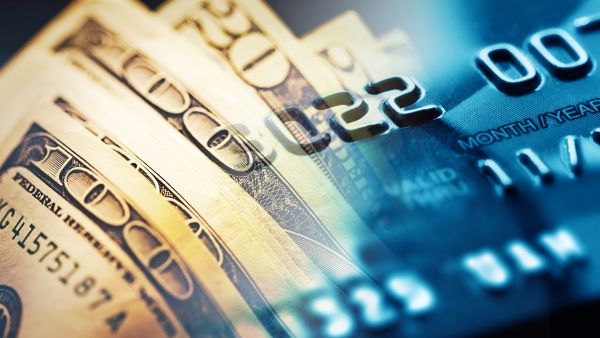We often hear about data leaks from highly secretive banks that expose many people linked to hidden or unexpected financial practices. Swiss banks have been particularly known for secret accounts with huge sums of money linked to leading names worldwide. What makes these banks able to keep clients' details a secret and is this a good or a bad thing?
According to a 2000 study published in the Business History Review, bank secrecy first came to record by Italian merchants in the 1600s. About 100 years later, the concept of discrete banking was introduced by bankers in Geneva as a common practice, before it became a legal practice through the 1934 Banking Act, which criminalized disclosing details of clients to any entity without their consent.
A leak from one of Switzerland’s largest banks has opened a peephole into the private wealth of a range of Arab potentates, raising new questions about self-dealing. https://t.co/te7r2ytNww
— New York Times World (@nytimesworld) February 21, 2022
In today's world, there are only a few countries with laws that completely prohibit sharing clients information without their consent, including Switzerland, which has been dubbed as the "grandfather of bank secrecy", Luxembourg, Monaco, Singapore, Ireland, Hong Kong, and only Lebanon in the Middle East region.
Switzerland banks still have the highest dependability when it comes to secrecy, especially amongst the wealthy people of the world who try to look for safe options to hide their money in.
Despite it being an old banking practice, full bank confidentiality still faces many questions over whether or not it should continue as a legal practice or if it should be examined by experts to guarantee it is never used in illegal activities.
Bank Secrecy Pros and Cons
In their defense, people who advocate for secret banking would often cite the fact that such financial institutions help protect them from crime, theft, cybercrimes, and fraud since it stops criminals from identifying the rich who can easily be exploited.
Bank of Spies: During the War on Terror, international strategy relied on intelligence officials from regimes accused of corruption and torture. Several of these spies and their families held large sums at #CreditSuisse https://t.co/KkFtyfLEeQ #SuisseSecrets #Spionage
— Florian Flade (@FlorianFlade) February 21, 2022
Unfortunately, bank secrecy has gained quite a negative reputation, due to its role in facilitating organized crime and the underground economy, not to mention its role as an offshore safe haven for corrupt businesspeople and politicians who take advantage of banking secrecy rules to hide their wealth from the public, avoid questions over the legitimacy and sources of their money, besides it being a great hideout to evade paying proper taxes.
For many years now, it has been revealed how secret bank accounts were used to facilitate financing terror activities, not to mention its role in helping human traffickers, money launderers, and corrupt politicians and military figures hide their wealth from the public.
Data leaked by several whistleblowers in recent years has revealed "immoral" financing practices by banks that continued to protect billions of dollars owned by controversial figures until after they faced legal challenges, such as several heads of states who were ousted during the Arab Spring revolutions in 2011.
In Lebanon, the only Middle Eastern with banking secrecy laws, lifting such rules to help audit the troubled Central Bank would not have happened if not for the severe economic crisis that rocked the country in October 2019 and continues to inflict huge damage on the country's financial system, when used to be one of the strongest in the region.








